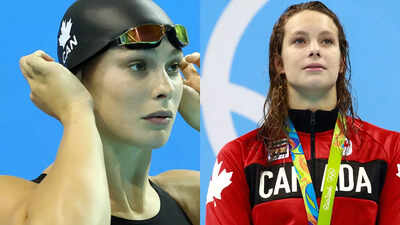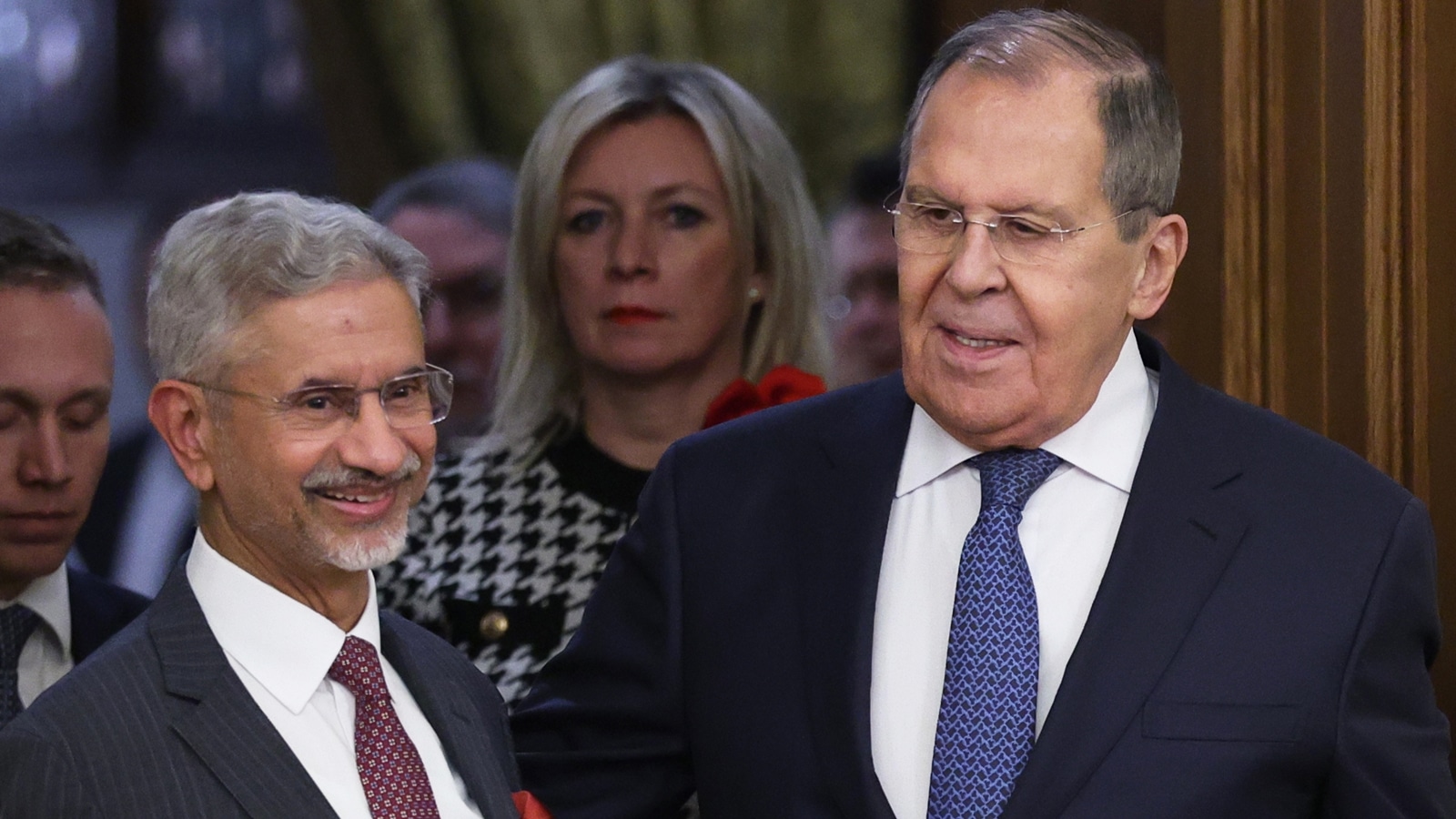ARTICLE AD BOX

Canada’s Olympic gold medalist Penny Oleksiak suspended for two years.Image via: Getty
Penny Oleksiak, one of Canada’s most-decorated swimmers, and a seven-time Olympic medallist, won’t be competing for months, and fans are left wondering why. The 25-year-old Olympic medalist has been provisionally suspended, not for testing positive for banned substances, but for missing deadlines in anti-doping paperwork.
This brings to the fore an important, often misunderstood part of elite sports: athletes must constantly report where they are so testers can check for cheating.Oleksiak’s situation is complicated by injuries and a move. After years at Toronto’s Pan Am Sports Centre, she relocated to Mission Viejo, California, in 2023 to train with an international pro swimming group led by coach Jeff Julian. She has seven Olympic medals, including one gold, and nine world championship medals.
Two knee surgeries and a shoulder injury after the 2021 Tokyo Games limited her training and while she qualified for relay events at Paris 2024, she won’t compete in individual races.
What whereabouts rules mean and why missing them matters
Canadian athletes must submit their daily locations, training and competition schedules, school or work information, medical appointments, and a 60-minute window each day when they can be tested. This must be updated quarterly using the web-based ADAMS system, and the Canadian Centre for Ethics in Sport sends reminders before each deadline.
A “whereabouts failure” happens if an athlete accumulates three missed tests or filing errors in 12 months. Oleksiak has not explained what was missing in her filings, but she insists her actions were unintentional. In Instagram posts from July and August she wrote, “I am and always have been a clean athlete.”Swimming Canada’s CEO Suzanne Paulins addressed the suspension and said, “We accept Penny’s explanation these were inadvertent errors and she has not used banned substances, anti-doping regulations are in place to ensure a level playing field for all athletes.”
She added, “We will miss Penny on the national team and hope to see her back in the pool when she is eligible.”Angela Schneider, a former Canadian Olympic rower, explained why these rules exist and how unusual they are. “It has been the case that it has happened without somebody who’s trying to cover up doping, but it’s not like it’s all that common,” she said. Schneider also noted that unannounced testing is key. “One of the ways to beat that is by not letting the athlete know when you may potentially test them and the only way you can do that is if you know where they are all the time,” she added.Looking ahead, Oleksiak could return to competition by the 2028 Olympics. Schneider said, “Sometimes people stumble and fall and they get back up again. As it stands right now, it looks like that ban would go to 2027 so that she could legitimately have paid the price and then come back and compete in 2028 Olympics, if she can qualify within that time frame. She won’t have had a positive doping test. She will have had an anti-doping rule violation.
There are some nuances here that some Canadians maybe care about and maybe others just don’t.”Also read: Who is Jammie Booker? World’s Strongest Woman title stripped amid controversy over alleged biological male identity

 18 minutes ago
3
18 minutes ago
3









 English (US) ·
English (US) ·